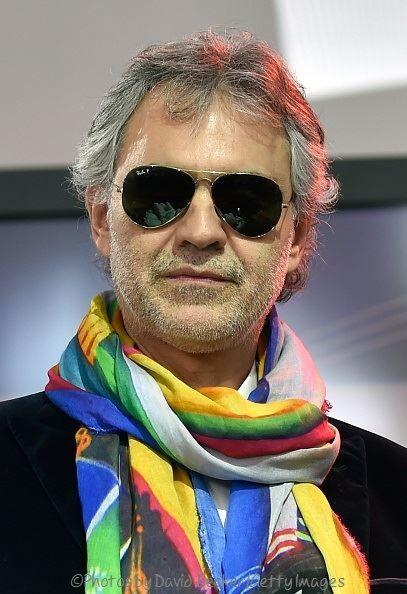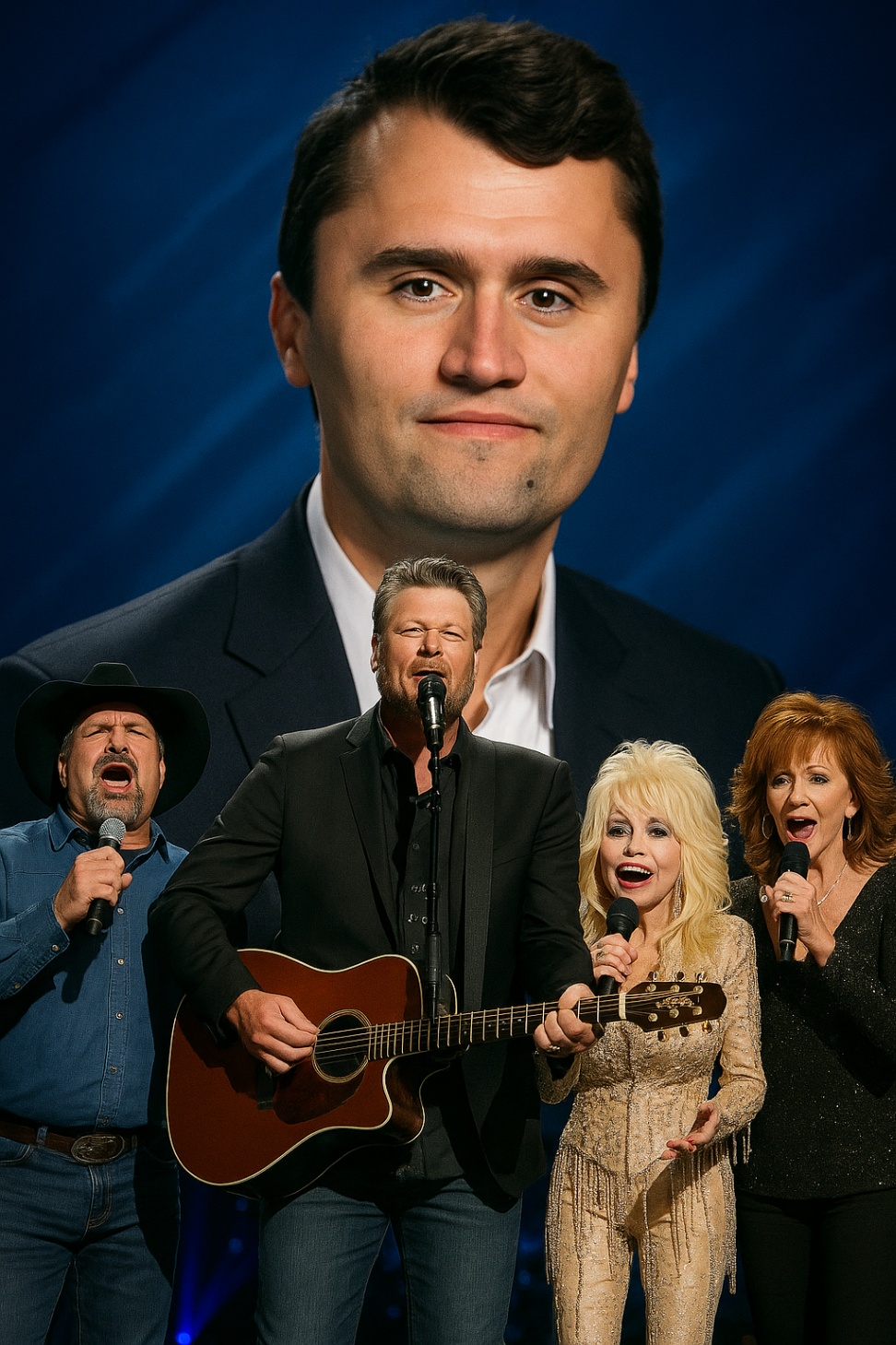Hollywood Legends Unite: Barbra Streisand, Jane Fonda, Meryl Streep & Leonardo DiCaprio Honor Robert Redford
Remembering the actor, director, and visionary who redefined Hollywood storytelling and independent cinema

When Robert Redford passed away on September 16, 2025, at the age of 89, the world of cinema lost not just an actor, director, and visionary, but also a man who had redefined the way Hollywood thought about storytelling, independent filmmaking, and the responsibility of art in shaping culture. The news reverberated through the film industry like a sudden silence after a long and powerful melody. Within hours, tributes poured in from across the globe. Some came from his closest friends and colleagues, others from those who had admired him from a distance, and many from figures who recognized that his legacy extended far beyond the screen. Among those voices were some of the most revered names in Hollywood—Barbra Streisand, Jane Fonda, Meryl Streep, Leonardo DiCaprio—each offering words that illuminated a different facet of the man whose presence left an indelible mark on both cinema and society.
Barbra Streisand, who starred opposite Redford in the 1973 romantic drama The Way We Were, recalled with vivid tenderness their days on set together. She described the thrill of working alongside him as something unforgettable, not merely because of his talent, but because of the energy he radiated. Every day, she said, was exciting, intense, and joyful. She remembered Redford as charismatic, brilliant, and full of surprises, someone who approached every moment of his craft with both precision and spontaneity. Even years later, when they reunited for conversations about art and the roles they had played in shaping cultural imagination, she felt the same magnetism.
Jane Fonda’s words struck a different emotional chord, capturing the raw grief of losing not only a peer but someone who represented values she held dear. “It hit me hard this morning when I read that Bob was gone. I can’t stop crying,” she admitted candidly. For Fonda, Redford was more than a co-star; he was a symbol of an America worth fighting for, an America grounded in integrity, creativity, and moral courage.

Meryl Streep, who starred with Redford in Out of Africa (1985), offered a tribute that was characteristically simple yet profound. She called him “one of the lions,” a phrase that immediately conjured the sense of majesty and strength that defined his presence both on screen and in life. “Rest in peace my lovely friend,” she added, compressing decades of friendship, artistry, and shared history into a few heartfelt words.
Leonardo DiCaprio, from a younger generation of actors who grew up in the shadow of Redford’s towering legacy, praised Redford not only for his craft but also for his enduring commitment to environmental causes and the rights of Indigenous communities. “We lost a legend today,” DiCaprio said, reflecting on Redford’s decades of advocacy to protect the planet and use storytelling as a tool for change.

Taken together, these tributes reveal the extraordinary breadth of Robert Redford’s impact. To some, he was the consummate actor, an artist who mastered subtlety and restraint in an era often defined by spectacle. To others, he was a friend, a partner, and a moral compass. And to still others, he was a pioneer who reshaped the cultural landscape not only by the roles he chose but also by creating the Sundance Film Festival, a platform that gave independent voices a chance to thrive. Redford’s decision to found Sundance in the early 1980s was more than a career move; it was an act of faith in the idea that film could serve as a mirror to society and that marginalized voices deserved a stage.
The collective outpouring of grief and gratitude also underscored a truth about Robert Redford’s life: he was a man of rare dualities. On the one hand, he was the golden boy of Hollywood, the handsome leading man whose presence lit up classics like Butch Cassidy and the Sundance Kid and The Sting. On the other, he was a relentless critic of the very system that made him famous, constantly seeking ways to disrupt the industry’s obsession with profit over substance.

Even in the hours following his death, it was clear that Redford’s passing was not being treated as just another Hollywood obituary. News outlets around the world framed it as the end of an era. Social media flooded with clips of his performances, interviews, and speeches. Fans shared personal anecdotes about how his films had shaped their view of love, justice, or the natural world. Younger filmmakers expressed gratitude for the doors he had opened. Political leaders, environmental activists, and artists alike acknowledged his contributions.
The story of Robert Redford is, in many ways, the story of modern American cinema. He began as the quintessential leading man of Hollywood’s golden years, transitioned into a director of profound insight, and eventually became the architect of an independent film movement that reshaped the industry. Along the way, he never abandoned his commitment to activism, using his platform to speak on behalf of the environment, democracy, and the marginalized. The tributes from Hollywood’s finest remind us of this, each one a testament to the many lives he touched.
Bottom line: Robert Redford’s legacy endures through his films, activism, and the countless artists and audiences he inspired, proving that a life lived with conviction can leave an impact no passage of time can erase.

